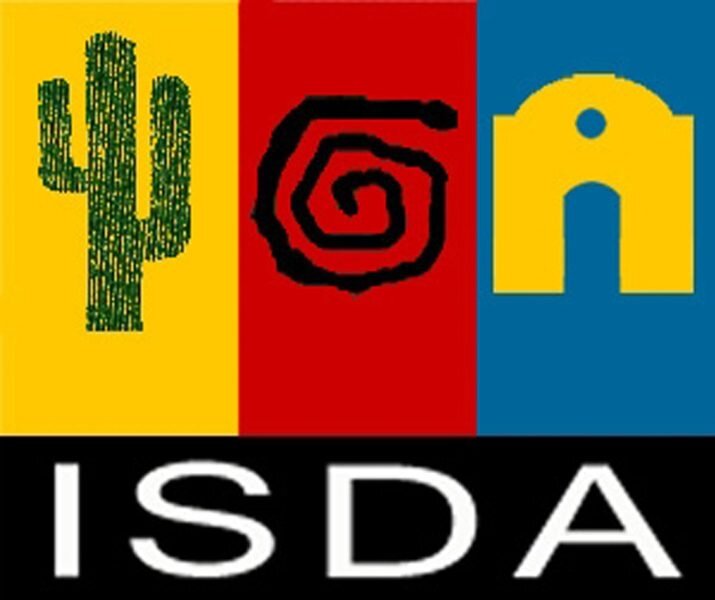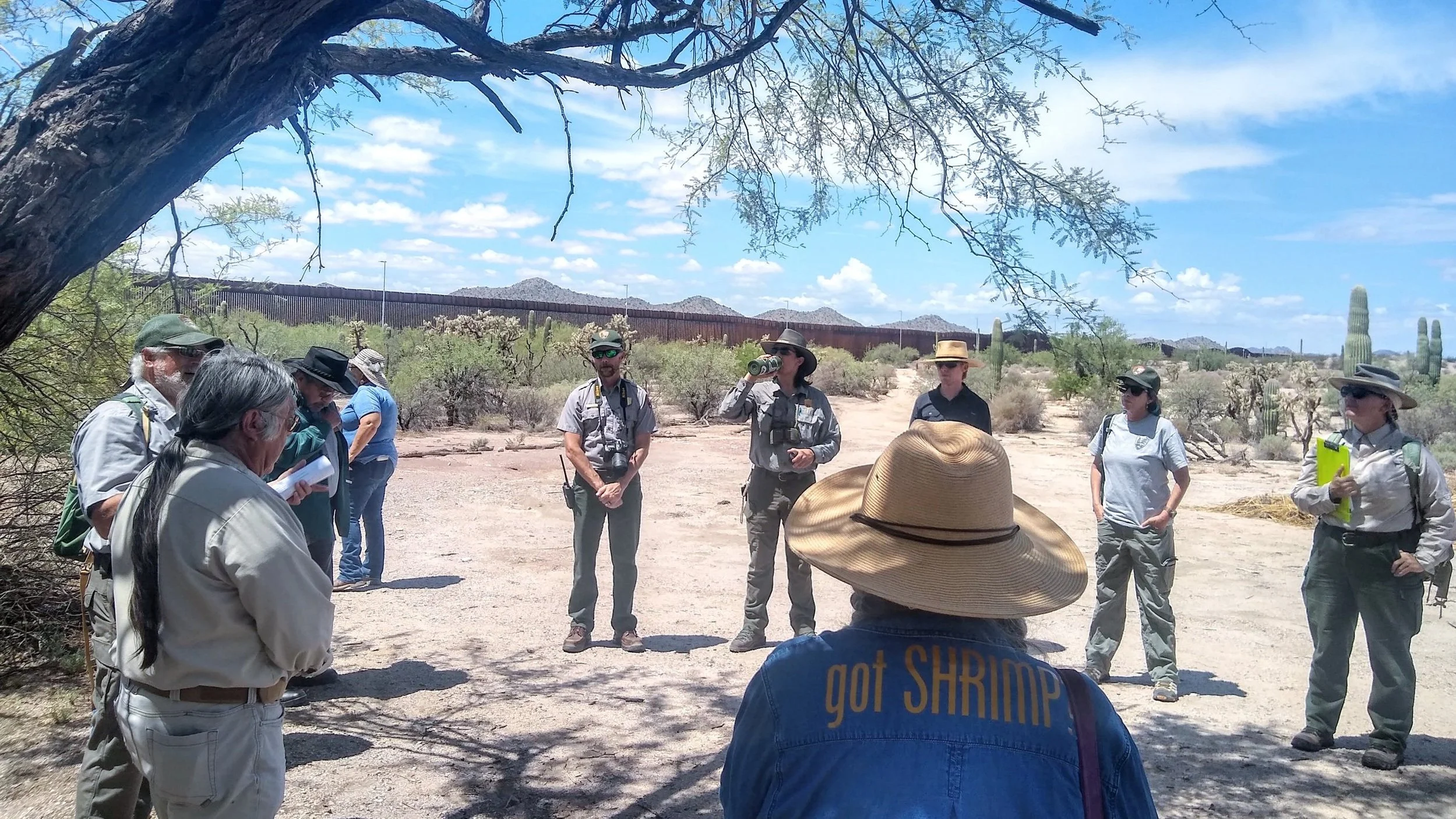Seeding Resilience in Uncertain Times
/A’al Vaipia (Quitobaquito Springs) Restoration project meeting
For many of us, this year has been a bit of a rollercoaster with daily changes to our current reality and our expectations for the future. Hopes for a return to some semblance of post-COVID normalcy continue to rise and fall in line with case counts and hospitalization numbers. Patterns of rain, drought and extreme weather events are creating rapid shifts in ecosystems and driving us to rethink long held assumptions about the built environment. Cancellations and postponements to signature convenings remind us of just how critical celebrations and gatherings are for community health and for culture bearers to pass on inherited food, story, song, and dance. For the International Sonoran Desert Alliance (ISDA), 2021 was a definitive statement about the undeniable value of seeding resilience through adaptation and co-creative thinking.
A Culture of Community Care
In the spring of 2021, the United States Border Patrol (USBP) began releasing detained migrants into communities across the US-Mexico border, including geographically remote and resource constrained places like Ajo that had not experienced this practice previously. With a spectrum of contributing factors, many of which have become highly politicized and contentious, the situation in Ajo could have easily devolved into something divisive and chaotic. Instead, ISDA worked with a broad cross section of individuals and organizations, including the local USBP station, humanitarian aid groups (namely Ajo Samaritans and Catholic Community Services), Pima County, Desert Senita Community Health Center, and Ajo Transportation to develop a thoughtful system of support. The response was intentionally a-political and a shining example of a community coming together on a local scale to transcend national discord. The sight of Border Patrol agents and their families volunteering side-by-side with humanitarian aid workers to welcome and care for 607 migrants…to care for 607 fellow human beings…was inspiring and will not quickly be forgotten. Members like you are supporting systems of care in Sonoran Desert communities like Ajo.
Adapting for Resilience
After a traumatic 2020, many Sonoran Desert microecosystems were experiencing an acute crisis. An extraordinarily dry year and a dramatic increase in border infrastructure put places like A’al Vaipia (Quitobaquito Springs) in a very vulnerable position. Particularly concerning for A’al Vaipia was the state of the retention structure—a human creation of great cultural significance to O’odham and other indigenous peoples and a refuge to several vulnerable and endangered species. Earlier this year, ISDA donated $100,000 toward the National Park Service project to rehabilitate and adapt the pond structure to better weather what will almost certainly be a drier future. This level of commitment to caring for fragile places would not have been possible without members like you.
Retooling for a New Reality
A global pandemic created a tremendous hurdle for small businesses trying to meet market demands while keeping customers and employees safe. It also exposed serious vulnerabilities in our increasingly global economy. These vulnerabilities run particularly deep for remote communities at the tail end of far too many supply chains. At ISDA, we are working to support businesses in recovery and visioning toward a more sustainable shared future. This year ISDA, both directly and through a multi-agency collaboration called Kickstart Ajo, provided $23,000 in direct aid toward business recovery, $30,000 toward business growth and adaptation efforts, and made $90,000 in small business loans. Members like you are helping us expand economic opportunities for a more robust, just, and less-extractive local business ecosystem.
Thanks to members like you, we are building more sustainable and resilient Sonoran Desert communities that hold cultural heritage and environmental stewardship in the highest regard. Please join us in preserving and enriching the incomparable Sonoran Desert by making a year-end donation.
Sincerely,
Aaron Cooper | Executive Director

